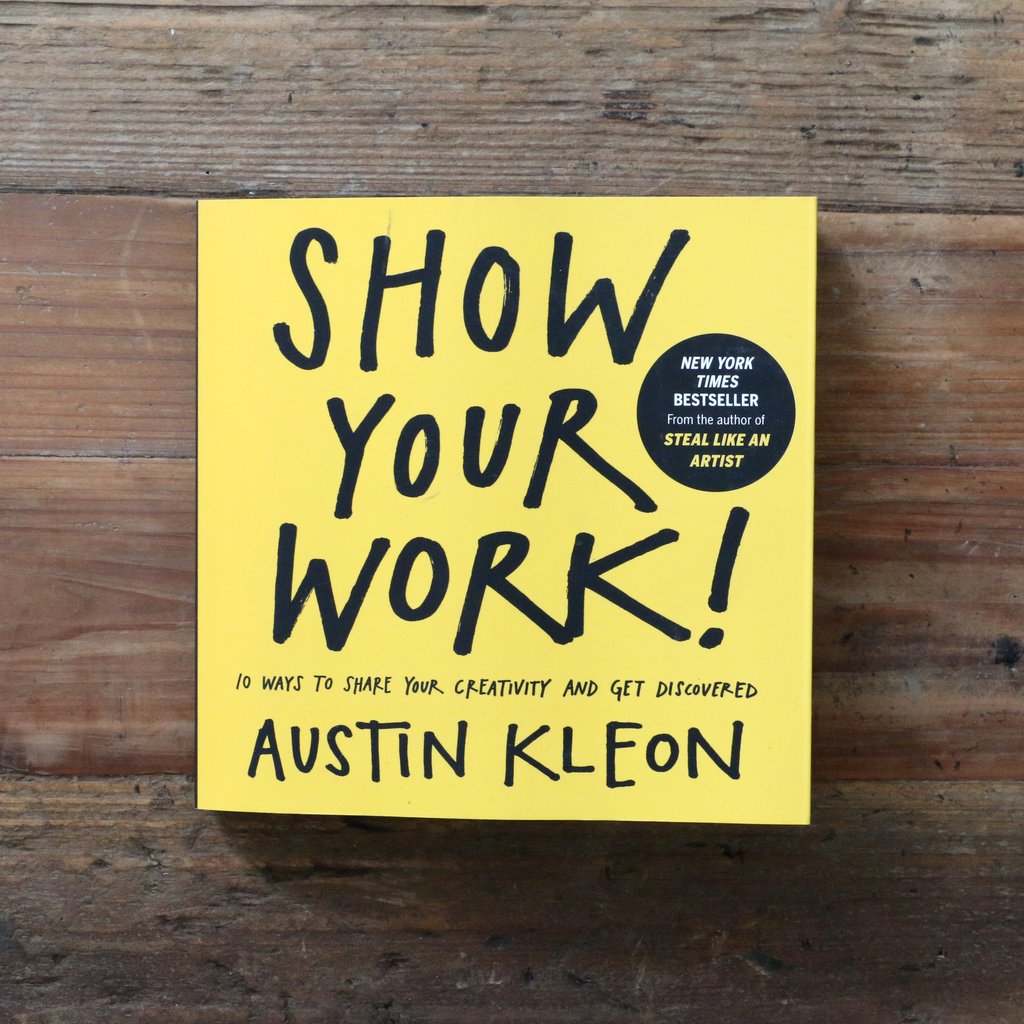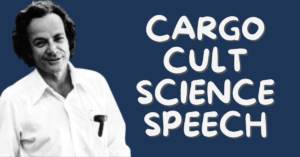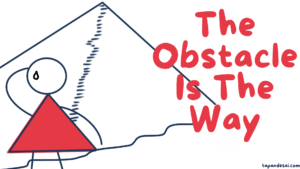This is the book summary for Austin Kleon’s Show Your Work. These are my notes from the Notion database as it is.
🕐 Book Summary in One Line
To be found you have to be findable; you need to be out there while honing your craft.
⭐ 3 Important Lessons
- Share something small every day: don’t wait to publish the perfect thing, publish daily what you can.
- Open up your cabinet of curiosities: before you become a creator, you become a curator. Share what influences you.
- Stick around: harness the power of compounding and consistency. Ideas for the next project come from the previous project. When you finish a project, think about the weak links in the project and work on those next.
📒 QUOTES
- In the beginner’s mind, there are many possibilities. In the expert’s mind only a few – Shunry Suzuki
- If you work on something a little bit every day, you end up with something massive – Kenneth Goldsmith
- When people realize that they’re being listened to, they tell you things -Richard Ford
- Whatever excites you, go do it. Whatever drains you, stop doing it. – Derek Sivers
- The trick is not caring what everyone thinks of you and just caring about what the right people think of you – Brian Michael Bendis
- Above all, recognize that if you had success, you have also had luck — and with luck comes obligation. you owe a debt, and not just to your gods. you owe a debt to the unlucky – Michael Lewis
- Originality of ideas depends on the obscurity of sources – John Hegarty
✍🏼LESSONS
- In order to be found you have to be findable. You need to be out there while improving your craft
- You don’t have to be a genius
- Great ideas are often birthed by a group of individuals called scenius. There are very rare notable artists that work on their own – Einstein, Beethoven.
- Most artists are in a scenius and the internet is full of sceniuses.
- In the beginner’s mind, there are many possibilities. In the expert’s mind only a few – always be an amateur and ready to learn. If you think you already know something, you will never learn.
- the best way to flourish is to retain an amateur’s spirit and embrace uncertainty and the unknown.
- Think progress, not products
- Become a documentarian, document everything you do
- Take the people behind the scenes and share your journey
- Share something small every day
- Send out a daily dispatch and schedule something to share with your community
- Don’t wait to publish the perfect thing, publish daily what you can
- The so what test – before you submit something, ask yourself so what? Always think that your work is going to spread and can get you fired
- Flow and stock-flow is the feed, what you share daily, tweets and posts. It reminds people you exist. Stock is durable stuff. It makes people your fans. It is content that is interesting after two months and two years. Stock spreads slowly. The magic formula is to maintain your flow while working on your stock in the background.
- Use your flow to build your stock – go back to your tweets and posts and find ideas
- Open up your cabinet of curiosities
- Before you become a creator, you become a curator
- You are only as good as a creator as to the content you consume
- Share what influences you, this will give people clue about who you and what you do
- Even if your content is trash, your killer curation remains
- Don’t hoard, share as much as you can. This will make you find more content.
- Tell good stories
- Work doesn’t speak for itself – everything you post tells a story, so tell a good story
- Dan Harmon’s story circle – a character is in a comfort zone, but they want something, they enter an unfamiliar situation, adapt to it, get what they wanted, pay a heavy price for it, return to their familiar situation, but change – use this to create a structure
- Kurt Vonnegut’s story graph – you can tell a story that moves between good and bad fortune as you progress
- Another way – tell your past, present, and where you want to be
- Teach what you know
- Just because you know a masters technique doesn’t mean you’re going to be able to emulate it right away
- Make people better at something that they want to be better at
- Having your work out in the world is a free education that goes on for a lifetime
- Don’t turn into human spam
- Give back to the community rather than just spamming your own thing
- Find your fellow knuckleballers – people who share similar skills, ideas that you can work with
- Learn to take a punch
- When you show your work, you will hear all kinds of feedback. Learn to take a punch
- Use constructive feedback, ignore the negative
- Sell out
- As you grow, you leave old projects and ideas behind. You evolve. So it’s okay to sell out.
- If followers from your old project say, you don’t post those things anymore but you believe you have evolved, you can move on
- Stick around ideas for the next project that comes from the previous project keep going when you end a project, think about the weak links in your previous project, and work on those
Enjoyed the notes? You can purchase the book here.
Note: Some items listed above are Amazon affiliate links. This means I receive a tiny commission if you make a purchase after clicking through some of the images/links above, at no additional cost to you (i.e. the prices don’t change).




